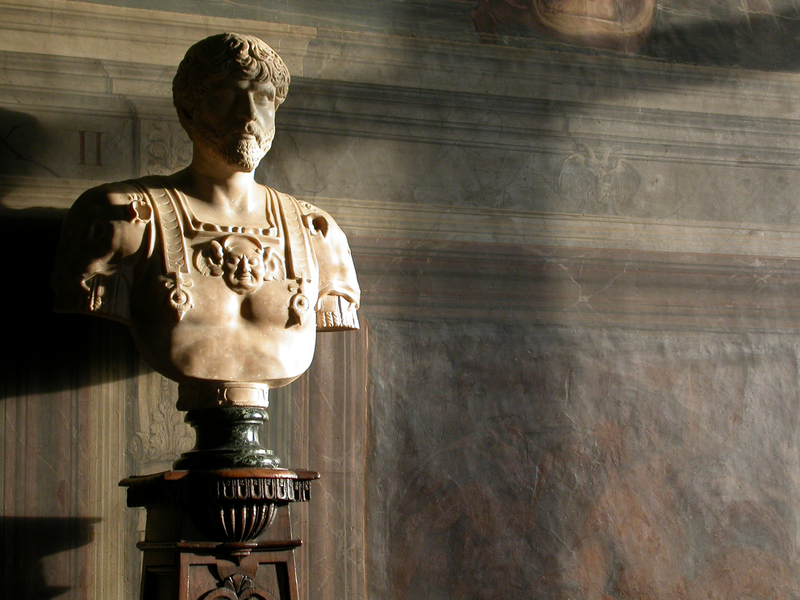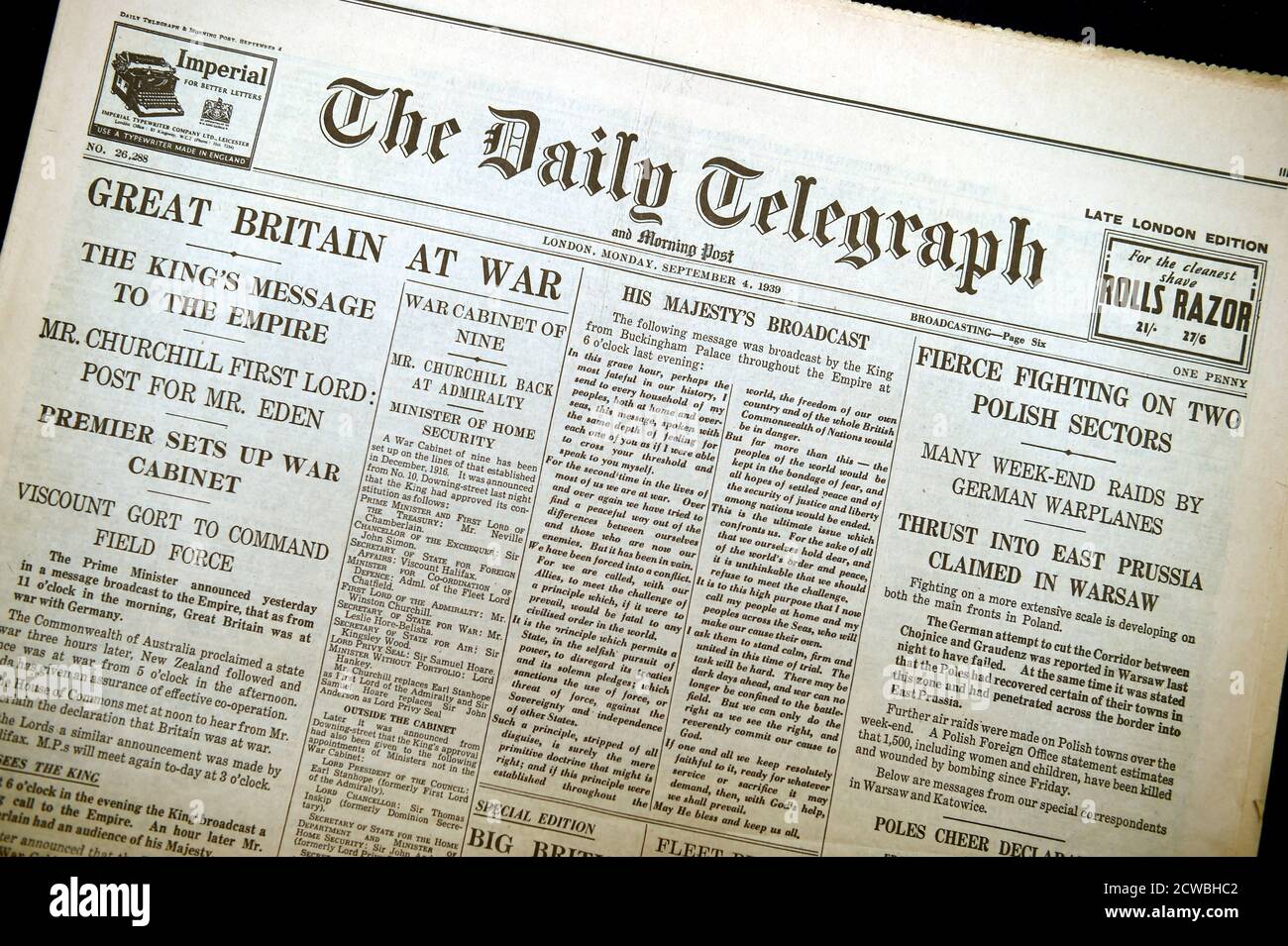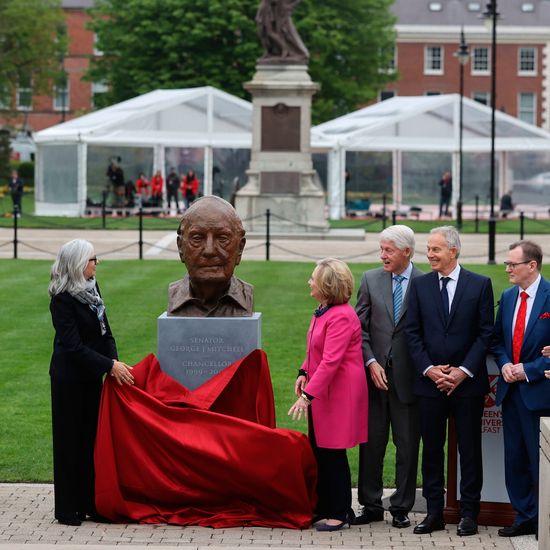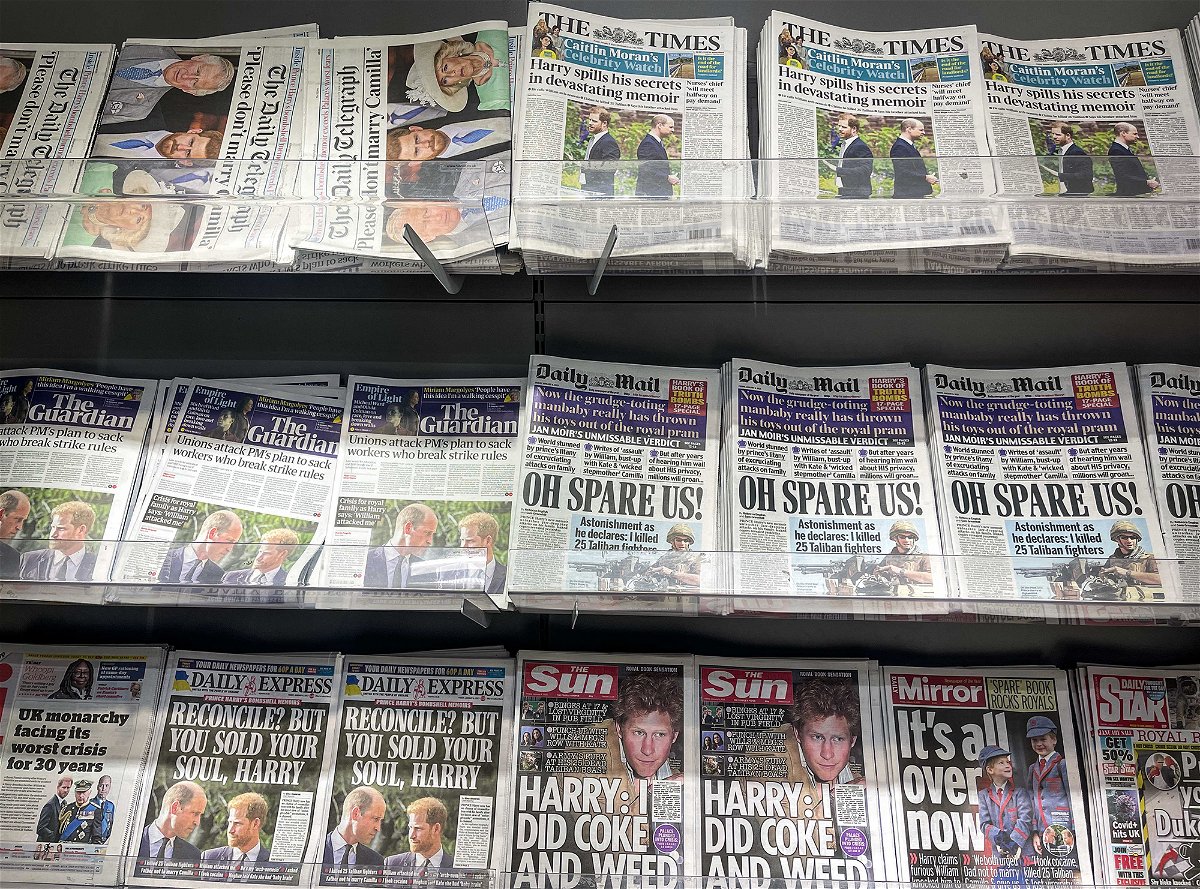Word of the Day: bust – Telegraph

To bust means ‘to hit, burst, or break.’ We also use bust, followed by the preposition up, to mean ‘to damage or destroy’ or to refer to a couple ending their relationship. Informally, it means ‘to arrest someone’ or ‘to enter a house in a police raid.’ As a noun, a bust is a failure, a sudden economic depression, or a police raid. As an adjective, it means ‘bankrupt.’ The past tense and past participle of bust can be either busted or bust.

Let's stop kidding ourselves we're a rich nation and get real… the UK's gone bust, Will Hutton

The return of cleavage – from Adele to Beyoncé, the bust is back

Daily Telegraph's suggestions 'PC vandals' wanted to 'tear down' Sydney statues untrue, Press Council rules
/https%3A%2F%2Ftf-cmsv2-smithsonianmag-media.s3.amazonaws.com%2Ffiler%2F45%2Fb2%2F45b247f6-2b19-4017-9c19-3f307a591310%2Fhermes.jpg)
Ancient Bust of Greek God Hermes Found During Work on Athens' Sewage System, Smart News

Exclusive: England and India players in Lord's Long Room bust-up

Scotland's papers: UK and EU 'ready to sign deal' and freezing Christmas

Word of the Day Archives - Editorial Words Good vocabulary words, English vocabulary words learning, Interesting english words

On this day in AD 68: The death of the tyrannical Emperor Nero

Daily telegraph front page hi-res stock photography and images - Alamy

Word of the Day: deprecate - The New York Times

Stop groping breasts of Molly Malone statue, Dublin tourists told

Bust of former US senator George Mitchell unveiled at Queen's University Agreement event

Prince Harry's tell-all rips open old wounds in the British royal family